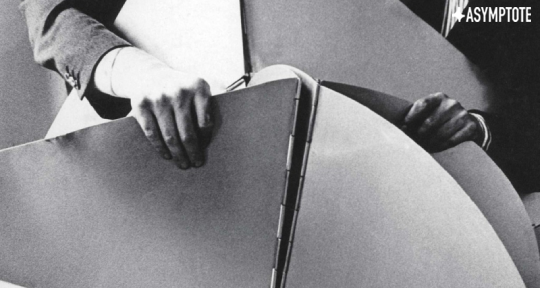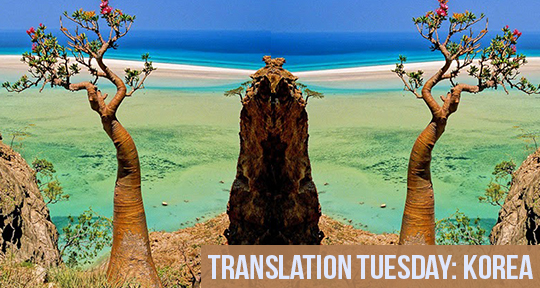One of the greatest pleasures of a text can result from its echoes throughout other mediums, when we startle upon the themes and traits of our most cherished authors beyond the page. In this essay, Austyn Wohlers traces the dialogue that forms between lauded Brazilian writer Clarice Lispector and visual artist Lygia Clark, most notable for their mutual application of animality and wildness.
Clarice Lispector’s fascination with animal life is one of her defining qualities as a writer: readers may be familiar with G.H.’s fateful encounter with a cockroach in The Passion According to G.H., or Lucrécia’s bodily identification with horses in The Besieged City. Her ideas about how animals affect the humans who encounter them were complex, as one can see in this excerpt from her posthumously-published novel A Breath of Life, referencing Lispector’s real-life dog Ulysses:
Contact with animal life is indispensable to my psychic health. My dog reinvigorates me completely . . . All he does is ‘be.’ ‘Being’ is his activity . . . When he falls asleep in my lap I watch over him and his very rhythmical breathing. And—he motionless in my lap—we form a single organic being, a living mute statue.
This description of animal-human contact as a “living mute statue” reminds me of Lispector’s contemporary (and fellow Brazilian) Lygia Clark’s Bicho sculptures. Mostly created in the early 1960s, the Bichos were a series of unique sculptures largely designed to be handled, manipulated, and warmed by the viewer as one would hold a small animal. In The Abandonment of Art, Cornelia Butler writes that she “imagined the encounter with [the Bichos] as something like an exchange between two organisms”—forming, in other words, the same “living mute statue” that Lispector describes. Both Lispector and Clark use human contact with animals as a way to get closer to a paradoxical self-alienation that leads to self-actualization: Clark’s empty-full (vazio-pleno), described by Suely Rolnik as the moment “when the silent incubation of a new reality of feeling is underway,” and Lispector’s wild heart—the thing itself—the it.
The word bicho does not have a direct cognate in English, and is usually translated as “beast,” “critter,” “animal,” or “pet.” The word in Portuguese has a diminutive quality, so the cutesiness imparted by words like “critter” and “pet” convey the tone well, and communicate the lighthearted spirit with which Clark expects viewers to play with the Bichos while palliating—or perhaps humanizing—their more serious, transformative, “living mute statue” nature. Interestingly, the word bicho appears often in Lispector’s writing, and though Lygia Clark’s usage is often translated as “critter,” Lispector’s is translated as the more serious word “animal.” Elizabeth Friis provides a few examples from Lispector’s novel Água viva in her essay “In my Core I have the Strange Impression that I don’t Belong to the Human Species: Clarice Lispector’s Água viva as Life Writing?”:
Ás vezes eletrizo-me over bicho.
Sometimes I get electrified when I see animals.Os bichos me fantasticam.
Animals fantastricate me.Não ter nascido bicho é uma minha secreta nostalgia.
Not having been born an animal is a secret nostalgia of mine.


